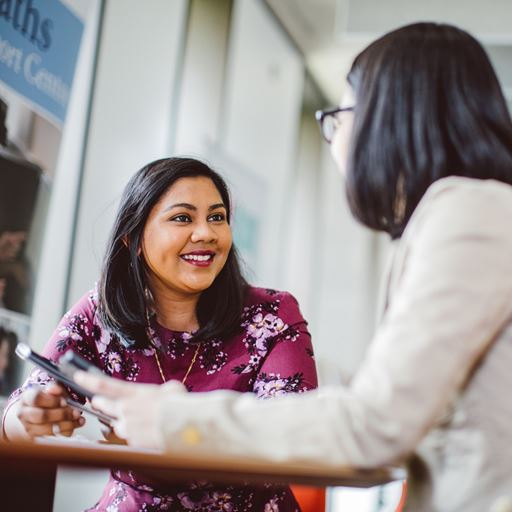The programme provides a platform to:
- Collaborate with Essex academics on a research project that will result in a co-authored publication and/or grant application
- Champion Essex as a centre of scholarly excellence at an international level
- Raise the profile of the multi-disciplinary research community at Essex
- Enrich the research and training environment for early career postgraduate and post-doctoral scholars at Essex
Essex International Visiting Fellowship (EIVF) Scheme 2023-24
We are very sorry to confirm the second round of our Essex International Fellowships Scheme is suspended. We apologise for the inconvenience and will keep you up-to-date on any changes in the future.
Please also continue to check this web page for the latest advice and information. If you have any questions please email internationalvisits@essex.ac.uk.
Fellows' profiles
The profiles of some of the past Essex International Visiting Fellows and their research topics:
Professor Abel Escriba-Folch
- Area of research - Impact of security forces on civil wars
During his two weeks at the University of Essex, Professor Abel Escriba-Folch worked with a number of academics from the Department of Government to carry out research for a joint project on the impact of security forces structure on the duration and outcome of civil wars. He also met with PhD students, contributed to a workshop with the Michael Nicholson Centre for Conflict and Cooperation and gave a presentation about his research on security force structure and civil wars.
Talking about his successful visit, Professor Escribà said: "My short stay at the University of Essex has allowed us to lay the groundwork for a collaborative paper. Combining our respective knowledge and expertise in different topics, we've been able to identify a relevant research question and develop some initial hypotheses. We have also merged data and run some initial tests. Tasks are now divided and we'll keep working."
Professor Greg Wright
- Area of research - Health impact of trade embargo
Hailing from Radboud University, Greg Wright focused on two different research projects during his trip to the University of Essex. His primary focus was to work with Matthias Parey to research the long-term health impact of a trade embargo, which he now feels is ready to be published in a journal.
He also worked with Tianxi Wang to explore the impact of new technologies on the income distributions within occupations, and left our University having also made significant progress in this field of research.
Professor Jieling Xu
- Area of research - History of Anti-Schistosomiasis campaign in the Jiangxi Province
The first International Visiting Fellow to be hosted by the Department of History, Professor Jieling Xu joined Professor Xun Zhou to curate an upcoming public exhibition on the history of Anti-Schistosomiasis Campaign in the Jiangxi Province. Professor Xu’s expertise came in useful when creating a narrative for the exhibition, and when identifying certain exhibit objects. At her home institution, East China Jiaotong University, Professor Xu teaches the Modern History of China, and the Principles of Political Economy.
Associate Professor Julian Togelius
- Area of research - Video game artificial intelligence
Visiting from the New York University, Professor Julian Togelius worked with Professor Simon Lucas to develop research plans to exploit recent advances in video game artificial intelligence. Professor Togelius also presented a seminar to all first-year IGGI-PhD students and most second/third-year IGGI-PhD students to discuss developments in AI, and how games can be used as a benchmark to improve AI.
Professor Togelius and Professor Lucas share long-term plans of establishing general video game AI as the foundational basis for game-designers to tune and play-test their games.



